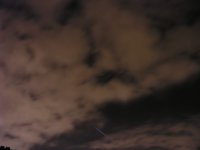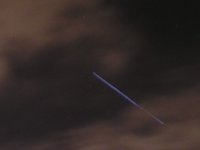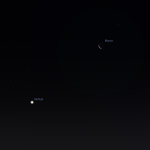Well the most popular suggestion for beginners is without a doubt this:
http://www.firstlightoptics.com/dobsonians/skywatcher-skyliner-200p-dobsonian.html
But depending on your expectations the 150P might be just as good. Just to throw more options your way, i think you can get the 150P for £10 than the 200P with an EQ3-2 mount, which would come in useful if you did get into AP. Or £200 on a dobsonian (which is a lot easier to use).
http://www.firstlightoptics.com/dobsonians/skywatcher-skyliner-200p-dobsonian.html
But depending on your expectations the 150P might be just as good. Just to throw more options your way, i think you can get the 150P for £10 than the 200P with an EQ3-2 mount, which would come in useful if you did get into AP. Or £200 on a dobsonian (which is a lot easier to use).



 ), Jupiter and i think two of her moons quite fleetingly and i'm sure i saw the Orion Nebula as a sort of cloud using averted vision.
), Jupiter and i think two of her moons quite fleetingly and i'm sure i saw the Orion Nebula as a sort of cloud using averted vision.
 ).
).



